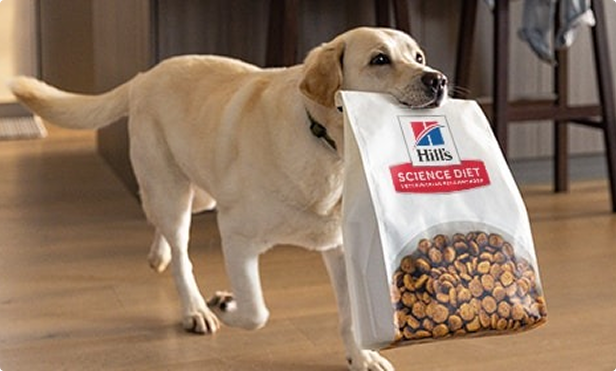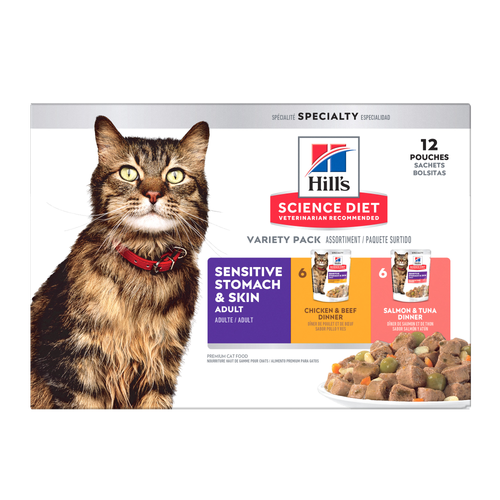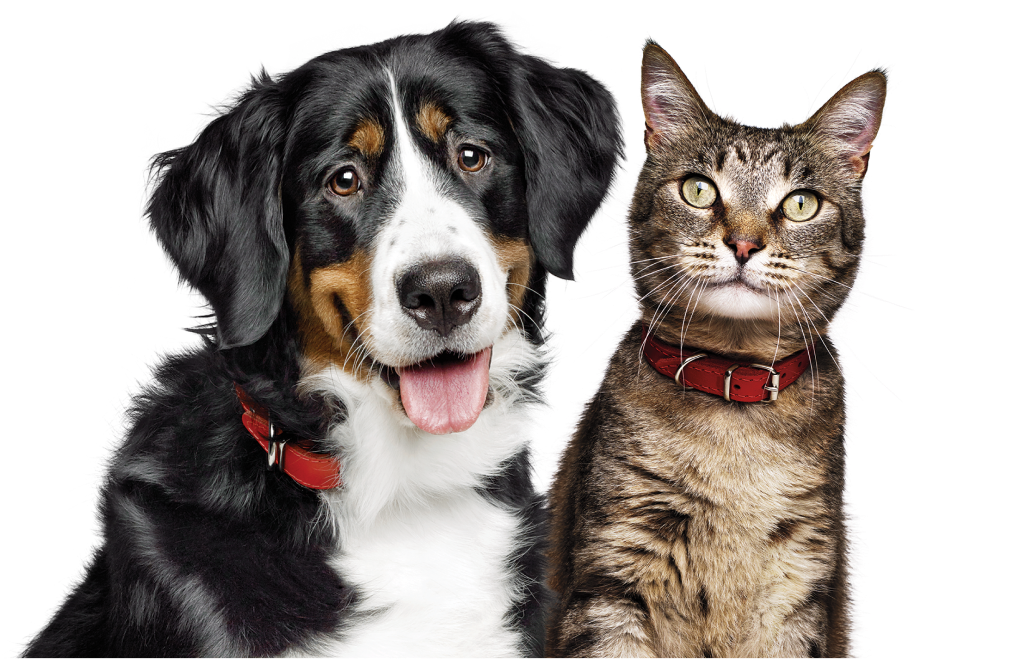Support their lifelong health
Our latest science in every bowl.
Support their lifelong health
Our latest science in every bowl.
Premium pet food for long, healthy lives
We know you want the best for your pet — so don’t choose between taste and healthy nutrition. No matter your pet’s size, lifestage or unique needs, Science Diet offers a variety of delicious flavours and textures they’re sure to love. And with industry-leading innovations like our ActivBiome+ Multi-Benefit blend for digestion, immune system and organ health, you can feel confident knowing your pet’s getting the nutrition they need from Hill’s, the #1 US veterinarian recommended brand.
- Lifestage
- Unique Needs
- Taste
Supporting healthy lives at all stages
Science Diet lifestage foods are specifically designed to offer pets the benefits that matter most for their age. ActivBiome+ Multi-Benefit is available in all Science Diet adult and senior lifestage dry foods to give dogs and cats great options for quality nutrition.
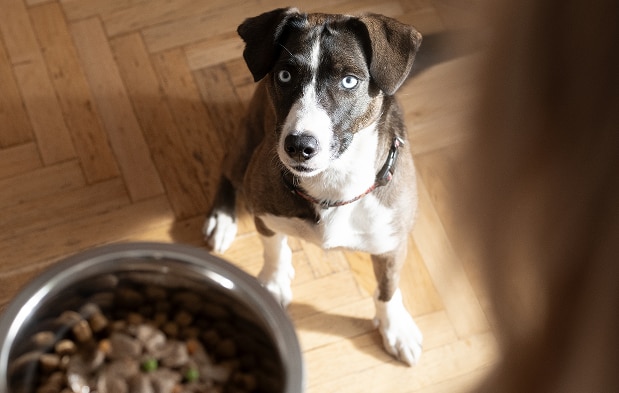

Supporting healthy lives at all stages
Science Diet lifestage foods are specifically designed to offer pets the benefits that matter most for their age. ActivBiome+ Multi-Benefit is available in all Science Diet adult and senior lifestage dry foods to give dogs and cats great options for quality nutrition.
Supporting pets with unique nutritional needs
Your pet is special, and their food should be, too. That’s why we offer nutrition focused on the unique needs of dogs and cats — from weight management to sensitive stomach & skin to oral care and more.


Supporting pets with unique nutritional needs
Your pet is special, and their food should be, too. That’s why we offer nutrition focused on the unique needs of dogs and cats — from weight management to sensitive stomach & skin to oral care and more.
Seriously nutritious. Ridiculously delicious.
When it comes to pet food, nutrients are center stage — but it’s flavour that keeps them coming back. We use high-quality ingredients and a variety of shapes, textures, flavours and aromas to deliver a great taste that pets will love. And we checked with the experts, getting the seal of approval from 900 dogs & cats who live, play and eat at our Pet Nutrition Center.
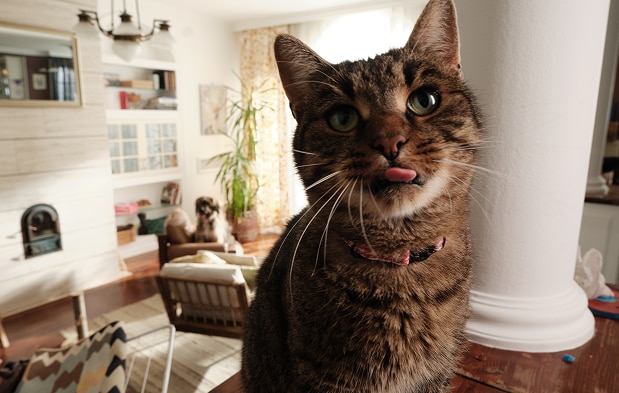

Seriously nutritious. Ridiculously delicious.
When it comes to pet food, nutrients are center stage — but it’s flavour that keeps them coming back. We use high-quality ingredients and a variety of shapes, textures, flavours and aromas to deliver a great taste that pets will love. And we checked with the experts, getting the seal of approval from 900 dogs & cats who live, play and eat at our Pet Nutrition Center.

Crave-worthy taste. Trustworthy nutrition.
Our special blend of prebiotic fibres and antioxidants supports organ health.
Clinically proven antioxidants, vitamins C + E, for a healthy immune system.
Our proprietary blend of prebiotic fibres / Prebiotic fibres feed the gut microbiome to support digestion.
